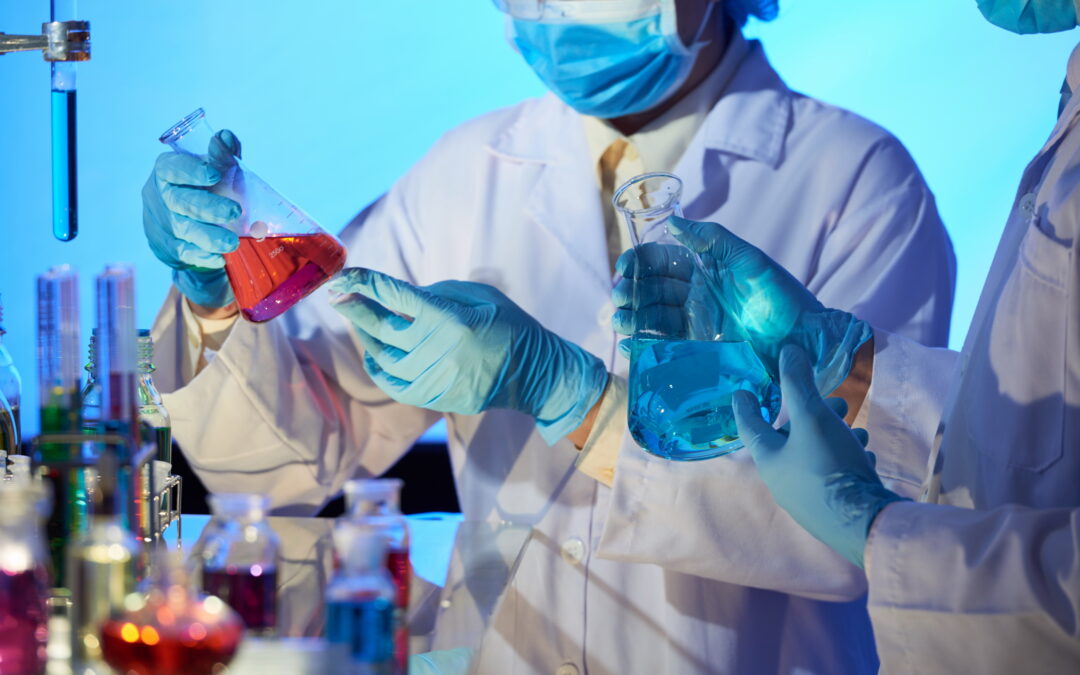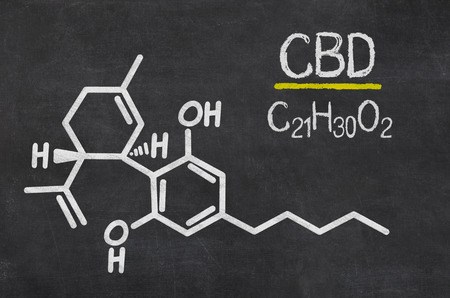How to calculate the amount of CBD in an Oil. We are going to start from the base, in order to understand how CBD is mixed with oil to obtain CBD Oil. From the dried plants a vegetal extraction is obtained, called resin or paste. This paste can be obtained by numerous...
CBD for cancer
Given six months to live, survivor Darren Miller credits his CBD oil treatment for cancer.
In July 2015, Illinois resident Darren Miller went to the hospital with a variety of unusual symptoms. After open heart surgery that occurred a few days later, on his 50th birthday, he was diagnosed with Stage 4 lung cancer and told him that he only had six months to live. However, six months later, Miller tested the wrong doctors for rid of cancer, with the help of CBD oil for cancer.
Miller was no stranger to CBD’s healing power for cancer. He was already using the plant to help him with Multiple Sclerosis when he received his cancer diagnosis. Miller’s brother, who is also a cannabis patient, alerted him to the ECS Therapy Group, where he learned about cannabis oil as a possible cancer treatment. ECS Co-Founder Mark Pedersen works as a liaison between doctors and patients and was able to help Miller navigate his options when it comes to cannabis treatment options.
Through ECS, Miller discovered that his best option was to become a California resident in order to obtain the high-THC and CBD cannabis oil produced there, the type that cancer cells have been shown to die and go away. And so, after their first round of palliative chemotherapy, Miller and his wife filled their lives and made their way from Illinois to California, so that he could access this possible miracle cure.
All in one day, Miller rented an apartment, met with a cannabis-friendly doctor, and registered as a medical marijuana patient with the state of California. According to Miller, cannabis oil or CBD oil that cures cancer is “easy to make, but not easy to find.” He ended up going to four or five different dispensaries before finding the oil, which is similar to Rick Simpson Oil and causes tumors to die, at The Emerald Room Dispensary.
Cannabis oil, which requires a full pound of high THC Indica to make about 2 ounces, is not only difficult to find, but also expensive. According to Miller, a 90-day supply can go up to $ 3,000, which is not covered by insurance. But, he had located the medicine he was looking for.
Frank Brown, manager of the Emerald Room, shares more about the cancer-fighting regimen. “We found that the most effective treatment for cancer is high-THC cannabis oil that contains more than 55 percent or more THC,” explains Brown. “It is essential that the patient follows a strict protocol at the same time, understanding that cannabis, oils and extracts are very personal. Over the course of 90 days, the patient needs to ingest 60 grams of THC oil, and reevaluate thereafter. “
Miller ended up doing two rounds of the 90-day treatment in California, returning to Illinois from time to time to supplement with his palliative chemotherapy. After six months of this regimen his doctors found he was in remission from lung cancer, a disease that had supposedly marked him for death after just a few months.
Since Miller, the Emerald Room has helped treat more than 60 people battling different forms of cancer with cannabis oil. Brown encourages those interested in oil to ensure they are receiving the highest possible grade.
“Make sure that all the oils you have purchased have been laboratory tested to identify if the oils are clean and free of traces of pesticides, harmful solvents and insects,” he warns. “Make sure whoever buys your extracts and / or oils is reputable, like Todo CBD. Be deeply aware of the fact that if you chose to buy the product from unpleasant and / or unreliable sources, what you might be buying It may not have any healing potential at all. If you buy a junk extract, it will not work, so there are no positive results. Remember: It is imperative that you do your research initially to ensure that the extracts / oil are produced correctly.
Still cancer-free, Miller is incredibly passionate about the healing properties of cannabis and is doing the equivalent of shouting it from every roof. He and his wife have since moved to Illinois and work with cancer patients, educating them about cannabis oil and the remarkable benefits of it and how to create / access it. One of the big problems is that in Illinois, it is illegal to grow marijuana, but it is legal to produce cannabis oil. That means patients need to buy an incredibly expensive amount of high-THC cannabis – which is most likely not available in state dispensaries – instead of growing it to produce the healing oil. But that doesn’t stop Miller.
“Sometimes breaking the rules is what it takes to save the world,” he says, knowing how changeable this medicine can be.

How to calculate the correct percentage of CBD
Therapeutic applications of cannabis
The therapeutic applications of cannabis is due to the assimilation of these by the body, since it has receptors that can process these molecules. This endocannabinoid system has certain areas of action in our body. By taking substances with the same molecular...

CBD for epilepsy
There are numerous studies that demonstrate the effectiveness of CBD oil for epilepsy. However, the many real cases and testimonies of people affected by this condition that have proven the effectiveness of CBD extract may be more convincing for those skeptics. For...

Cannabidiol potential medical benefits
Presented by Nora D. Volkow, Director, National Institute of Drug Abuse Senate Caucus on International Narcotics Control. June 24, 2015 Cannabidiol: Barriers to research and medical benefits of CBD Mr. President, Mrs. President and members of the Senate Drug...

Survey of parents on the use of cannabis and cannabidiol for epilepsy resistant to pediatric treatment
Brenda E. Porter and Catherine Jacobson Department of Neurology, Stanford University; December 2003 Summary Severe childhood epilepsies are characterized by frequent seizures, delays in neurological development, and impaired quality of life. In these...
